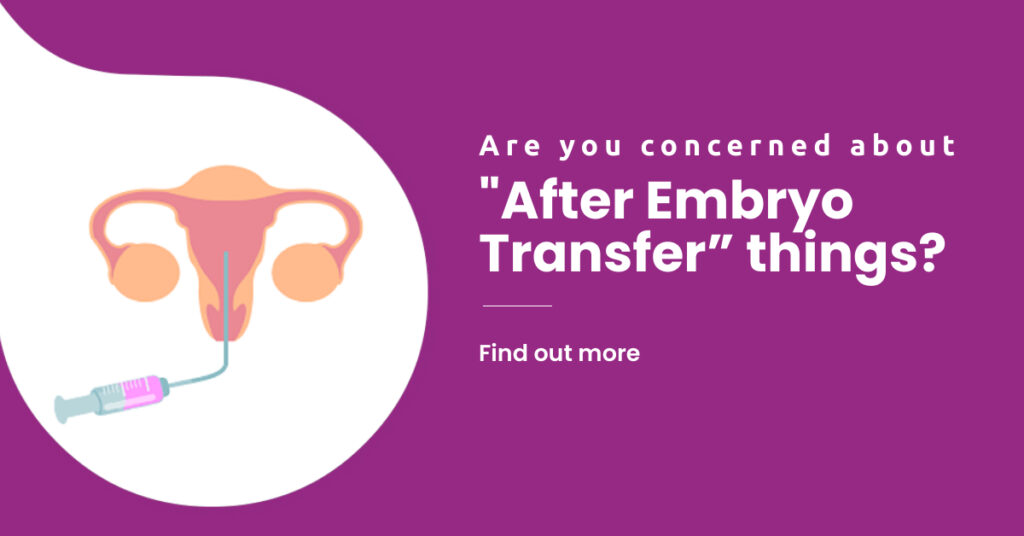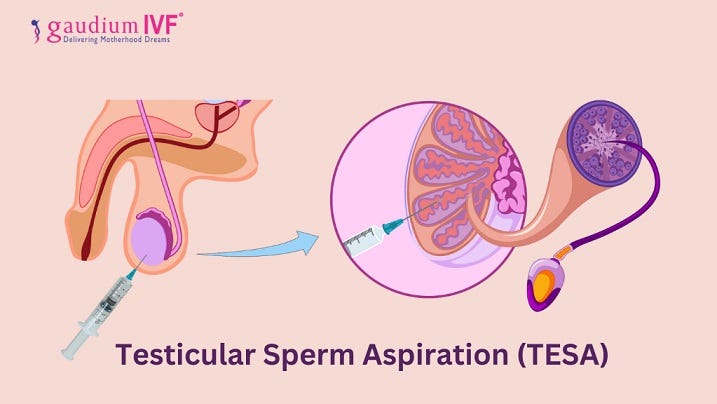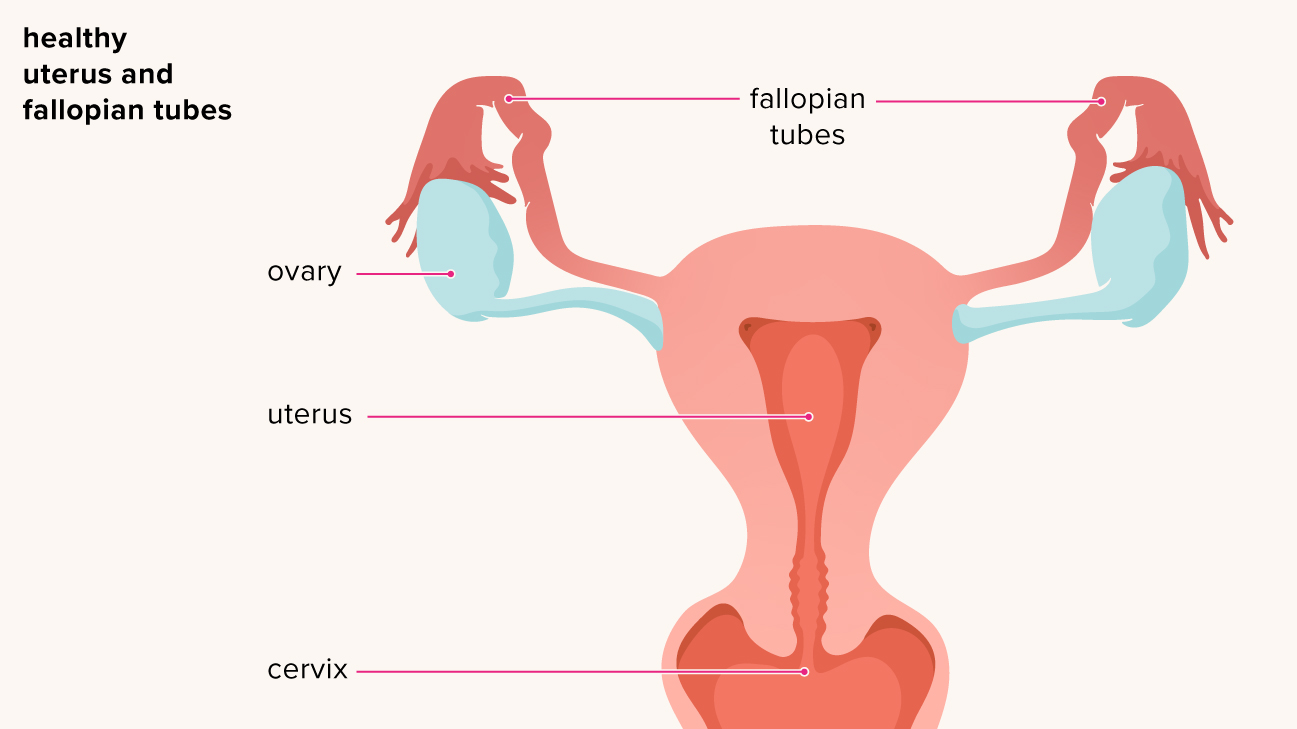Blog
Diminished Ovarian Reserve (DOR)
By Dr. Sakshi Bansal / 01 January 2024Diminished Ovarian Reserve (DOR) is a condition where a woman's ovaries have a reduced quantity or quality of eggs, leading to a decline in fertility and potential difficulties in conceiving. In this article, we will delve into the causes, symptoms, diagnosis, and treatment options for Diminished Ovarian Reserve.
What to do and what not to do during pregnancy
By Dr. Sakshi Bansal / 01 June 2024Pregnancy is a critical time when a woman needs to take special care of her health and well-being for the benefit of both herself and her developing baby. Here are some general guidelines on what to do and what to avoid during pregnancy.
Information to be kept in mind after embryo transfer
By Dr. Sakshi Bansal / 01 June 2024After an embryo transfer, it is crucial to take certain precautions and follow specific guidelines to maximize the chances of a successful pregnancy. Rest and avoid strenuous activities for the first few days, though complete bed rest is not necessary. Engage in light activities like walking and avoid high-impact exercises or anything that raises your core body temperature, such as hot baths or saunas.
PROTOCOL FOR NEW MOMS
By Dr. Sakshi Bansal / 01 June 2024For new moms, establishing a protocol is essential to ensure both the mother and baby are healthy and thriving. Prioritize rest and sleep whenever possible to aid recovery and manage fatigue. Maintain a nutritious, balanced diet rich in essential vitamins and minerals to support breastfeeding and overall health. Stay well-hydrated by drinking plenty of fluids. Follow up with postpartum check-ups to monitor your health and address any concerns. Practice good hygiene, especially when handling your newborn, to prevent infections.
Recurrent Implantation Failure (RIF)
By Dr. Sakshi Bansal / 01 January 2024Recurrent implantation failure (RIF) is a distressing experience for individuals or couples struggling to achieve a successful pregnancy through in vitro fertilization (IVF) or other assisted reproductive techniques. This condition, characterized by multiple unsuccessful embryo implantations despite several attempts, poses emotional, physical, and financial challenges. In this article, we will delve into the causes, symptoms, diagnosis, and treatment options for recurrent implantation failure.
Testicular Sperm Aspiration (TESA)
By Dr. Sakshi Bansal / 01 January 2024Testicular Sperm Aspiration (TESA) is a minimally invasive surgical procedure used to retrieve sperm directly from the testicles of men who have difficulties producing sperm or have obstructive azoospermia. This report aims to provide an overview of TESA, its procedure, indications, risks, and outcomes.
Pelvic Inflammatory Disease (PID)
By Dr. Sakshi Bansal / 01 January 2024Pelvic Inflammatory Disease (PID) is a serious infection that affects the female reproductive organs. It often results from sexually transmitted infections (STIs), specifically untreated or inadequately treated cases. PID can have severe consequences if left unaddressed, including chronic pelvic pain, ectopic pregnancies, and infertility. This article delves into the various aspects of PID, including its causes, symptoms, diagnosis, treatment, and implications on fertility.
 Dr. Sakshi Bansal
Dr. Sakshi Bansal





